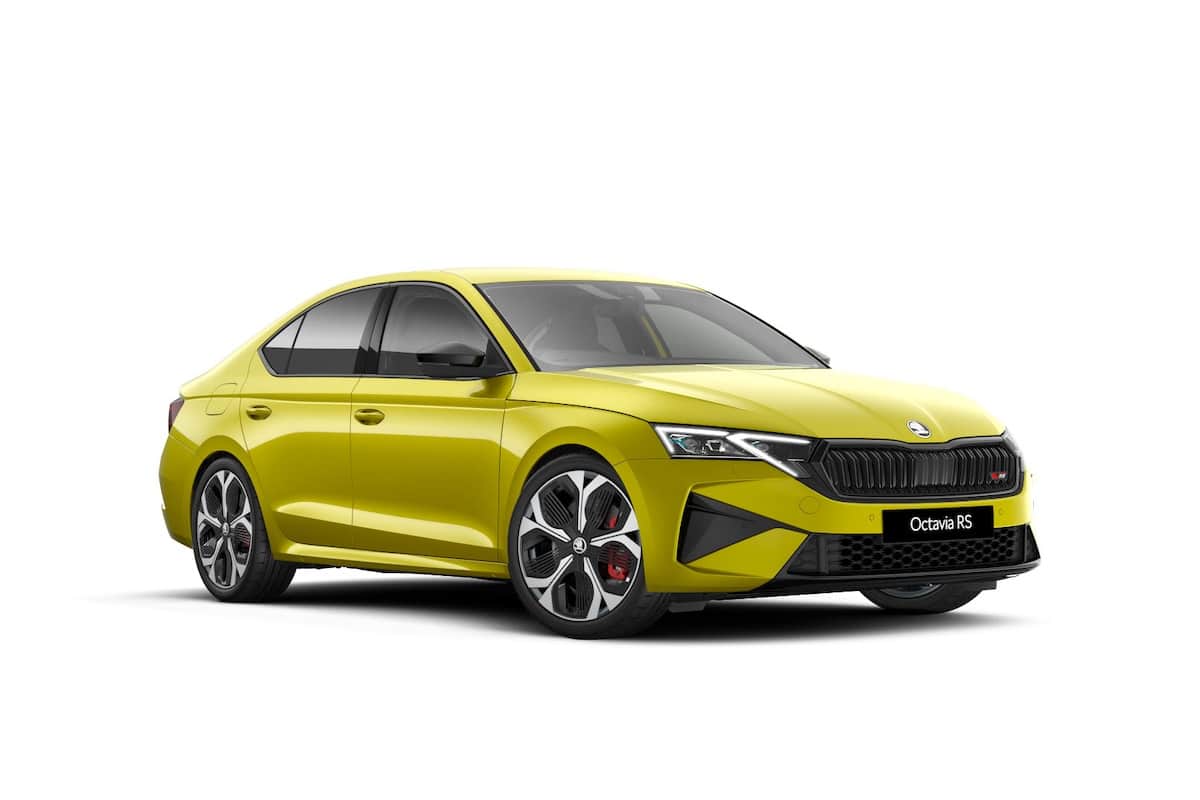Energy sobriety plan: what program for mobility?

Facing the strained electrical grid and inflation, the government unveils an Energy Sobriety Plan emphasizing mobility.
In the face of the energy crisis with various factors, France is taking proactive steps to consume less. But how?
“Sobriety is a new way of thinking and acting, which will be one of the keys to our ecological transition and energy sovereignty,” declares Prime Minister Élisabeth Borne, “we have set ourselves a goal: to reduce our consumption by 10% by 2024 […] The sobriety plan we are presenting today is the result of consultation and their work. It includes both broad measures and targeted actions.” Among them, a component on mobility includes several measures.
A carpooling bonus
The government will establish a carpooling bonus. It will be awarded to “every new carpooling user who registers on a platform”, with an unknown amount, but estimated at around one hundred euros according to Le Parisien. This aid is expected to “be in place by January 1, 2023.” clarifies Clément Beaune, Secretary of State for Transport.
Additionally, the state will provide “specific support for carpooling operators, for each new customer starting a long-distance carpooling activity, and for daily commutes.”
Similarly, the government will contribute through “strong incentives for home-to-work carpooling, organized notably through the expansion of partnerships and awareness campaigns among employees.”
The State aims to make us prefer trains and bicycles
For the same workers, the government encourages “shifting from flying to taking the train for journeys under 4 hours by rail (or under six hours round trip if the trip occurs in the same day).” For service vehicles, the speed limit is recommended at 110 km/h on highways (vs. 130) and 100 km/h on expressways (vs. 110). Other eco-driving tips aim to reduce fuel consumption:
- Drive at moderate speeds for the first five kilometers
- Avoid high engine revs
- Check tire pressure
- Limit air conditioning use
It goes without saying that this eco-driving applies to all drivers, not just civil servants.
Two additional measures aim to increase the use of bicycles starting January 1, 2023. The first is “employer coverage of the public bike or public transport subsidy, beyond the minimum 50% and up to 75% exemption from income tax and social charges for employees.” The second is “coverage of costs related to electric bike rental services extended to private providers (approved facilities).”
Finally, the government reconfirms the 250 million euro bike plan. It will enhance infrastructure and promote cycling education for children starting in 2023.
Read also: The European Council approves the end of thermal vehicles in 2035
This page is translated from the original post "Plan Sobriété énergétique : quel programme pour les mobilités ?" in French.
We also suggestthese articles:
Also read






